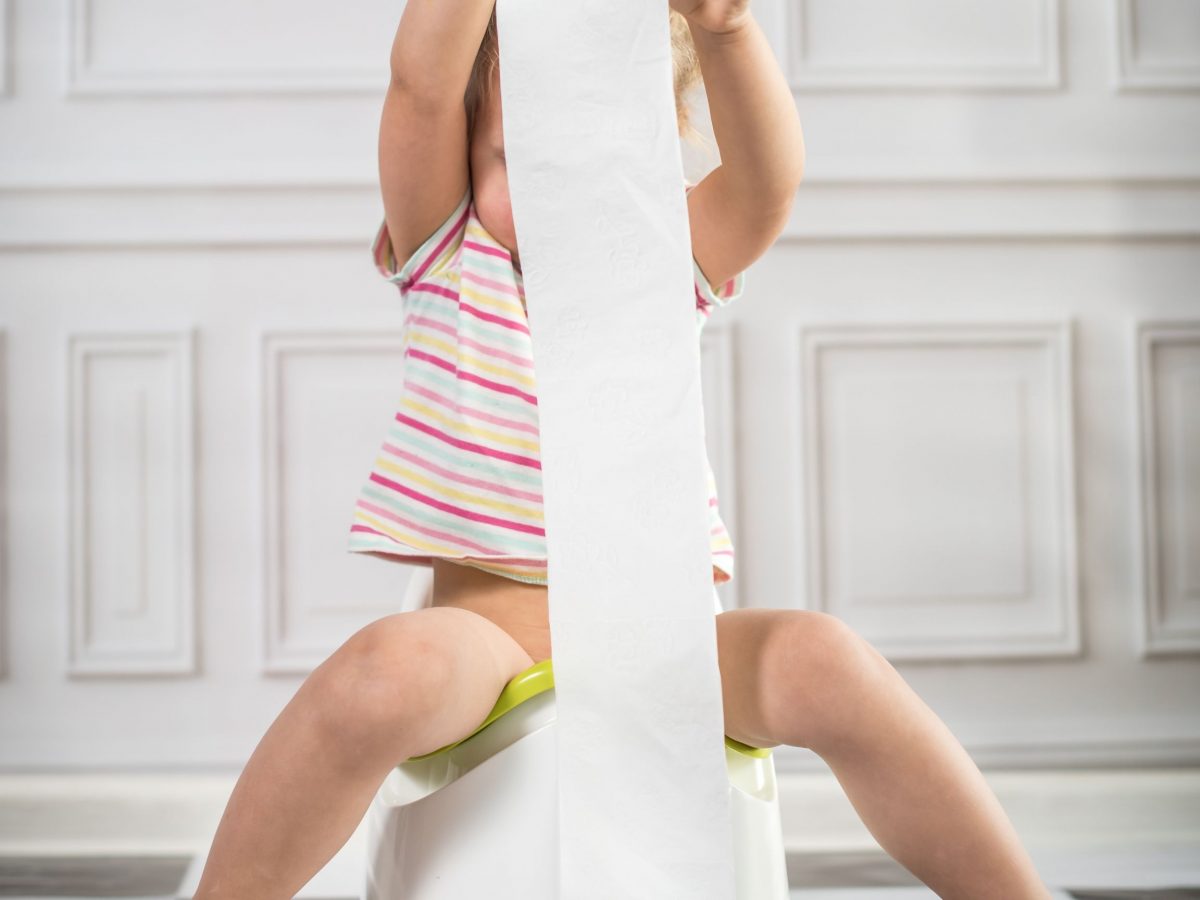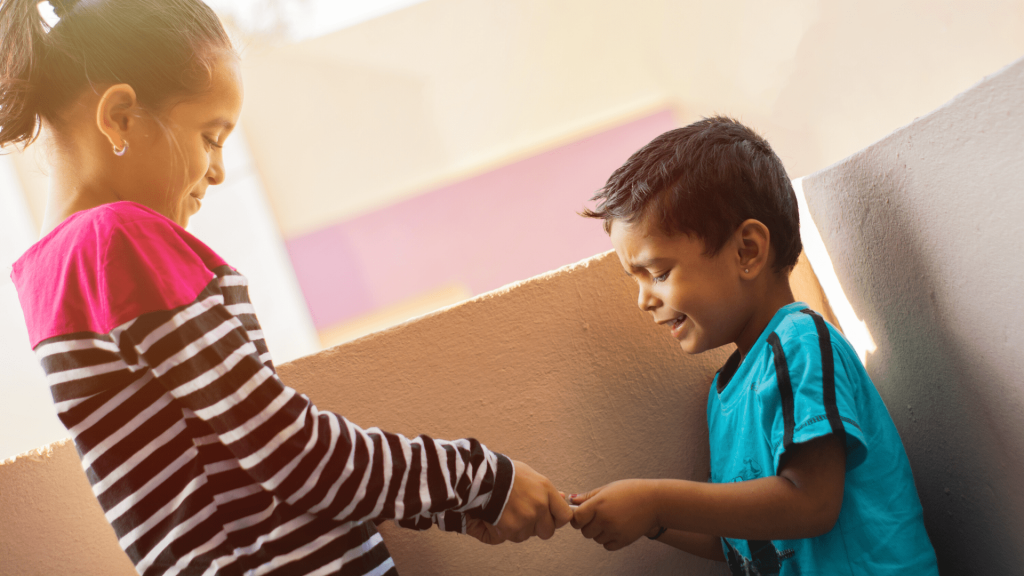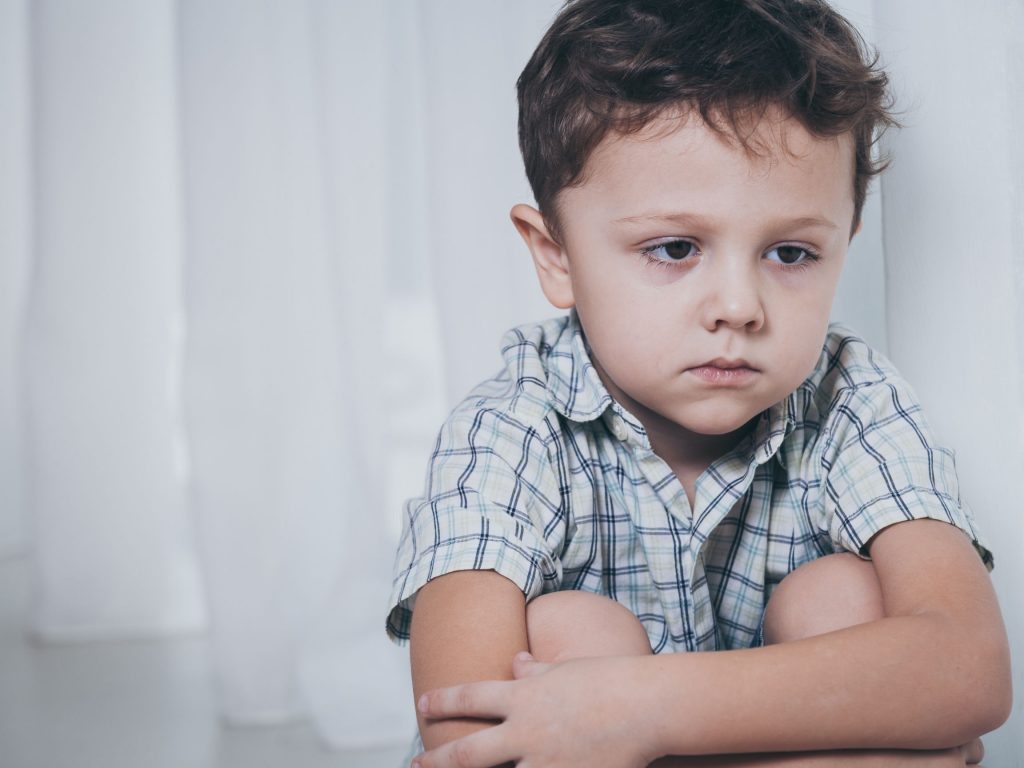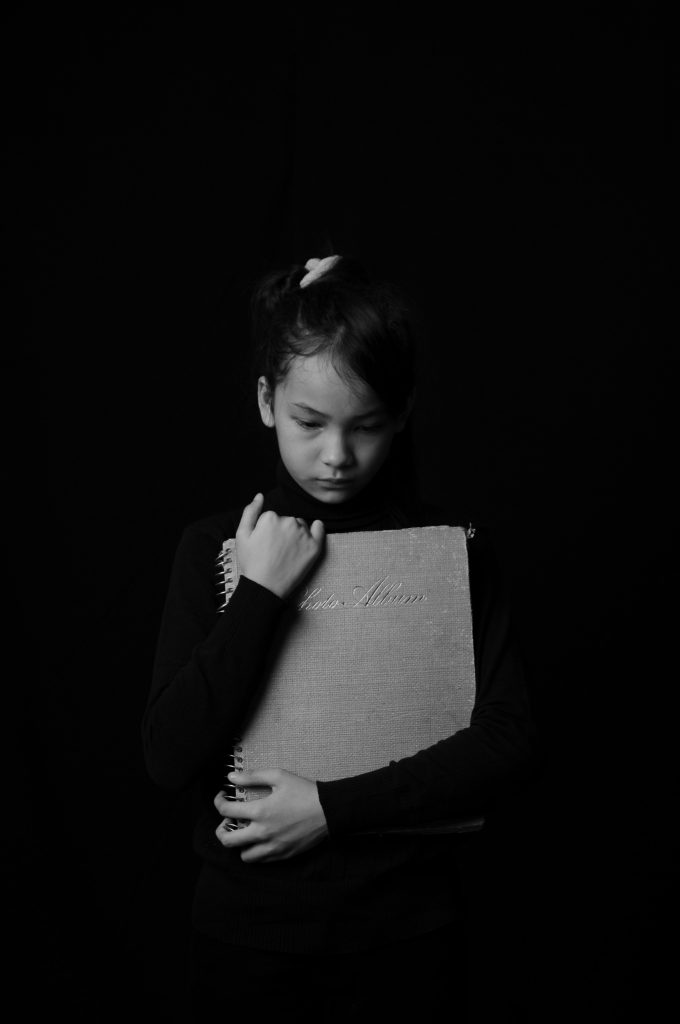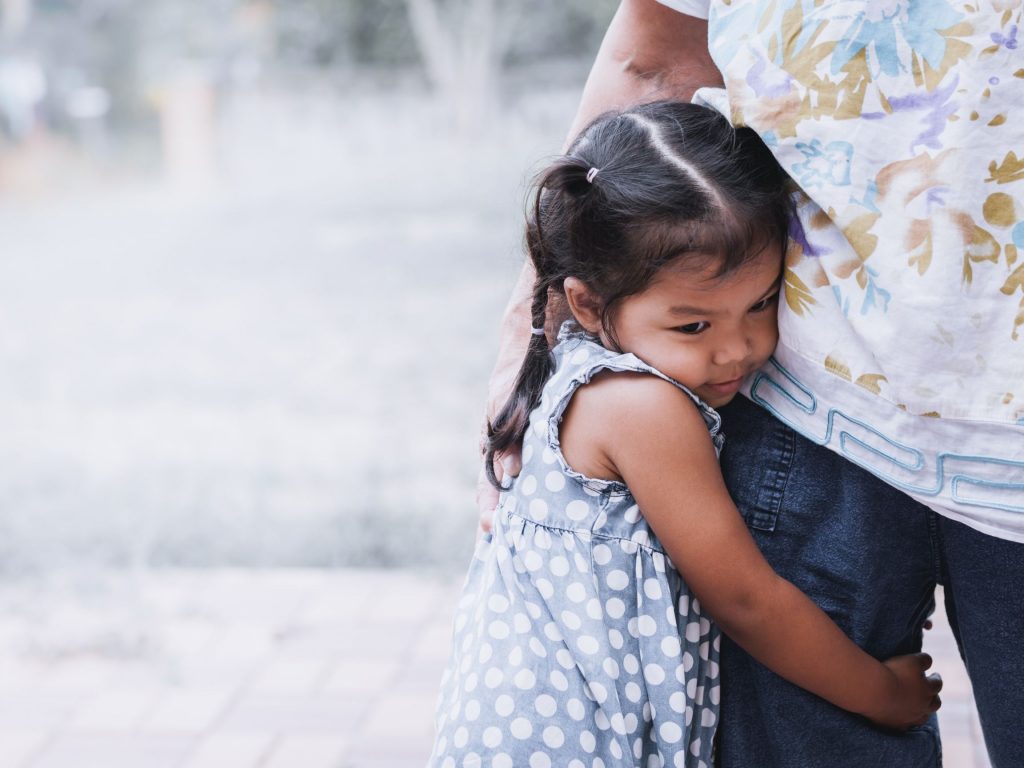Potty training is often considered as one of the trickiest features of the early years of parenting. While toilet training a toddler will never be as easy as 1, 2, 3, you may be making your life harder by committing one of these common potty training errors. While several parents are willing to speed up the development oftentimes and make the change from diaper to toilet as effortless as possible, specific mistakes can delay the process easily.
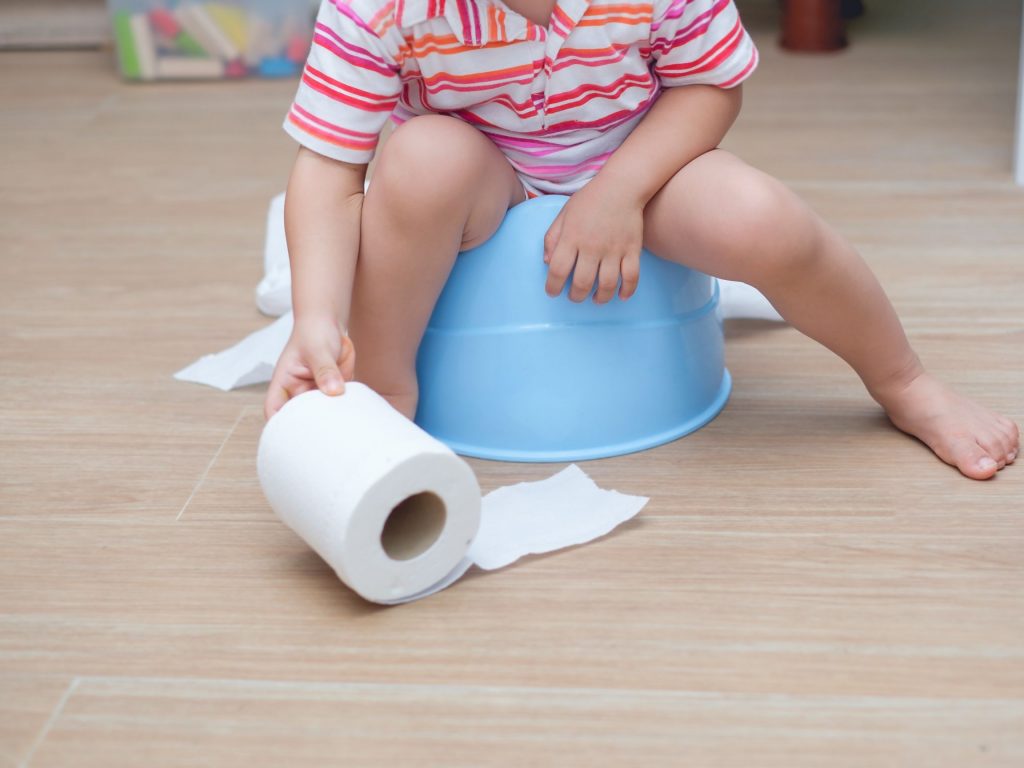
Here are some of the common potty training mistakes and issues that parents should avoid:
Pushing kids before they are prepared
A child’s wish to graduate out of diapers is a developmental landmark, and just in the same way you would not push kids to walk, you cannot force them to potty train before they are prepared and if you still do it, you will be unsuccessful. The key errors parents make in potty training are associated with not understanding the basic principles that the kid must first be able to manage their potty functions, and then they should have the eagerness to do it.

Solution: You should look for signs that your kid is interested in. For instance, he may follow you into the bathroom to watch you flush and pee. Also, you may find that he hates wearing a dirty diaper and asks via his actions or words to have it changed.
Switching to diapers at bedtime, on road trips, or other moments when it is simply easier
Most of the parents wish to toilet train till bedtime when they frequently resort back to diapers. However, when we switch back and forth, the kid loses the understanding of being pooped/wet or uncomfortable and is getting mixed messages. The same applies to difficult times such as road trips or family occasions such as weddings. While it is enticing to go back to diapers, constancy matters.
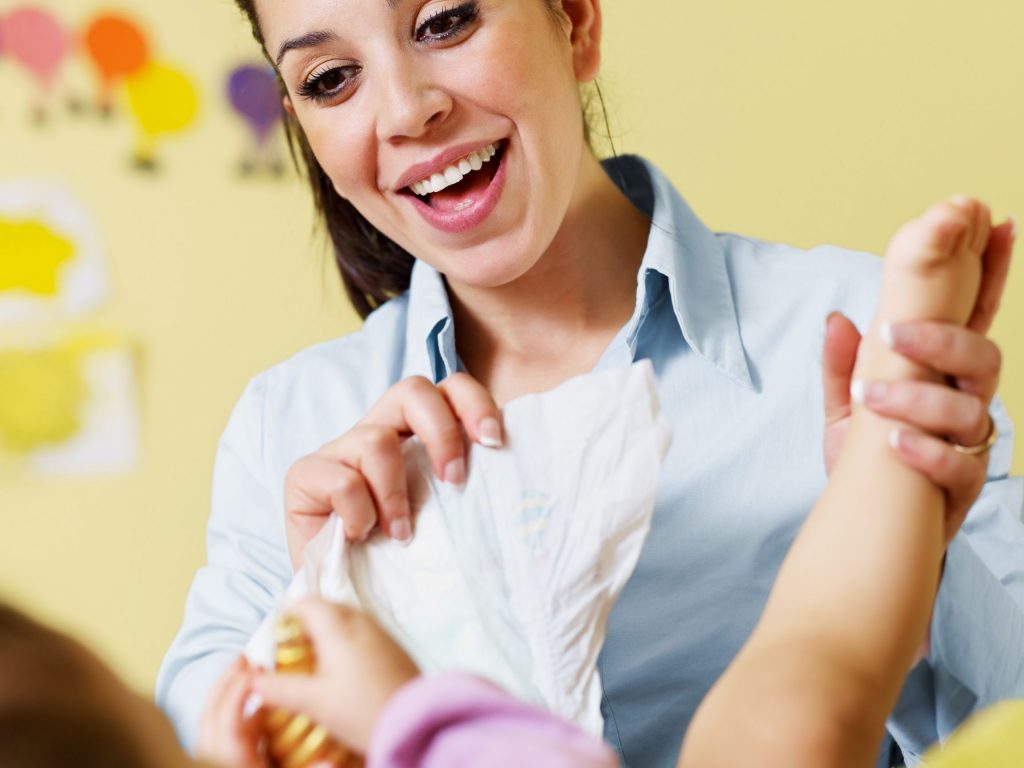
Solution: Get rid of the diapers at bedtime and get a few plastic mattress liners in its place. Avoid setting up potty training around large social occasions or when you take a trip, or if you have to, pack lots of additional outfits to whisk out in case of untoward incidents, and take your kid to the toilet every hour to keep such issues at bay.
Not waiting until you are ready
If you cannot wake up at 2 a.m. to change the sheets, make the rugs clean, and do loads of laundry a day, or have any other issues, you may need to wait to potty train. Potty training is an untidy, time-consuming dedication, so you need to be hands-on.

Solution: Choose a potty-training time when you would not have many other pressing responsibilities, such as over summer vacation, or a long weekend. That way, you can dedicate your undivided attention to the task.
Not keeping an eye out for signals
Kids would not just come up and say that they want to go to the potty. Rather the signs are much more important. One of the most common errors is for the parent to not follow through when the child offers the signal.
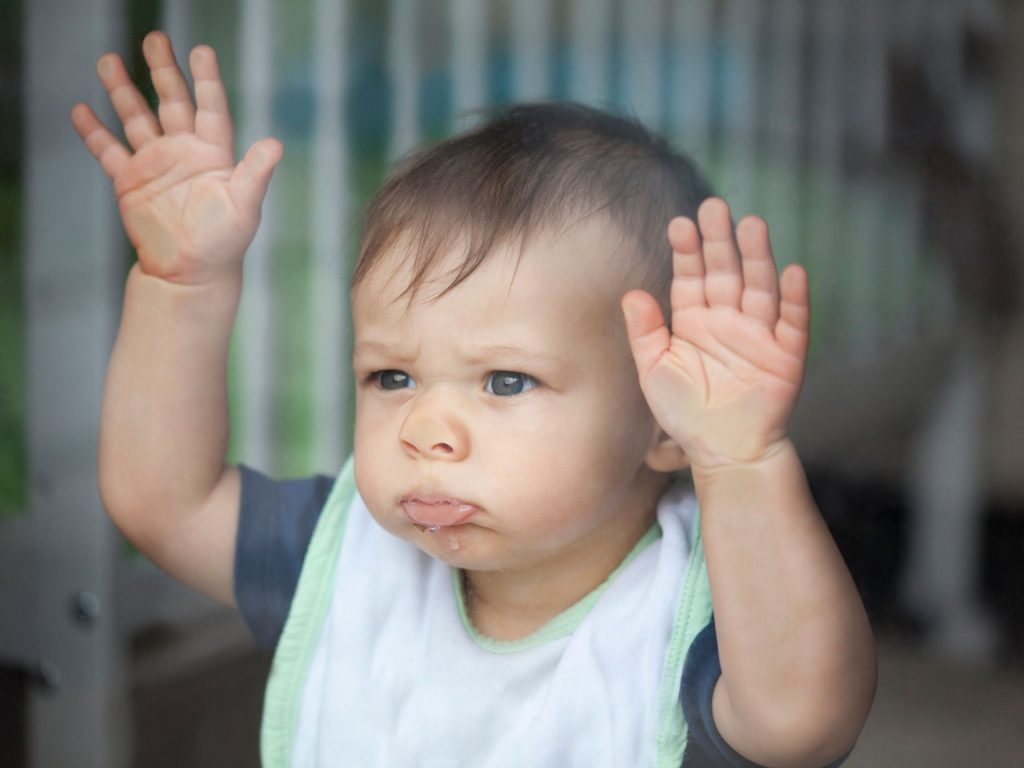
Solution: First, find out the signs your child displays when he wants to go. Then watch for them and once you spot them, take your child to the bathroom and set your child on the toilet. After repeated attempts, the child will make the connection between the urge to go and the toilet and will go there naturally.
These are some of the potty training mistakes to avoid.
